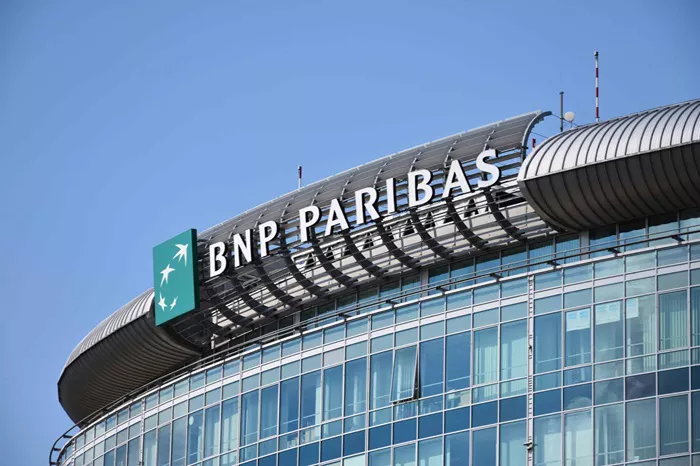BNP Paribas SA reported a boost in third-quarter earnings, driven by robust performance in its investment banking and asset management divisions, despite ongoing struggles in its lending operations. The bank’s net income rose by 7.8% compared to the previous year, aligning closely with analysts’ expectations, fueled by a 13% increase in equities trading income and a 12% rise in fixed-income revenues.
“Our investment bank is firing on all cylinders,” stated Chief Financial Officer Lars Machenil in an interview with Bloomberg TV.
Chief Executive Officer Jean-Laurent Bonnafe has strategically utilized excess cash to enhance the equities trading segment, acquiring businesses and client relationships from competitors like Deutsche Bank AG and Credit Suisse. With equities and fixed-income trading now roughly balanced, Bonnafe is shifting focus to develop the smallest of BNP’s three operational units: the insurance and asset management segment.
Despite the positive performance in investment banking, BNP’s shares fell by 6% in early trading on the Paris exchange following the earnings report.
In a significant move, Bonnafe announced in August the acquisition of Axa SA’s asset management unit for €5.1 billion ($5.5 billion), which aims to position BNP as one of Europe’s leading asset managers and directly challenge Amundi SA, the continent’s top asset manager. Even prior to the completion of this deal, expected mid-next year, the asset management division reported a 7.9% rise in income during the third quarter, driven by new inflows boosting assets under management. However, revenue from wealth management showed a slight decline, as Bonnafe continues to pursue expansion through strategic acquisitions, such as HSBC Holdings Plc’s private banking operations in Germany.
On the downside, the Commercial, Personal Banking & Services unit, which includes retail operations and specialized services like car leasing, experienced a revenue decline of 2.6%. BNP attributed this drop to the “normalization of used-car prices,” among other challenges.
Additional hurdles faced by the bank include adverse effects from poorly timed inflation hedges, a movement of Belgian deposits into government bonds, and the European Central Bank’s decision to cease remuneration on mandatory reserves. These issues prompted BNP to adjust some of its targets earlier this year. Fortunately, their impact has diminished, with only €63 million affecting the third quarter—less than half of the previous quarter’s toll.
Despite these challenges in its largest revenue-generating unit, BNP reaffirmed its commitment to achieving full-year targets, including a pledge to surpass €11.2 billion in profit. The bank plans to revise its mid-term outlook during the release of its full-year results, taking into account the strategic redeployment of capital.
Year-to-date, BNP’s stock has risen 4.7%, lagging behind the broader European finance sector.
Related topics:


